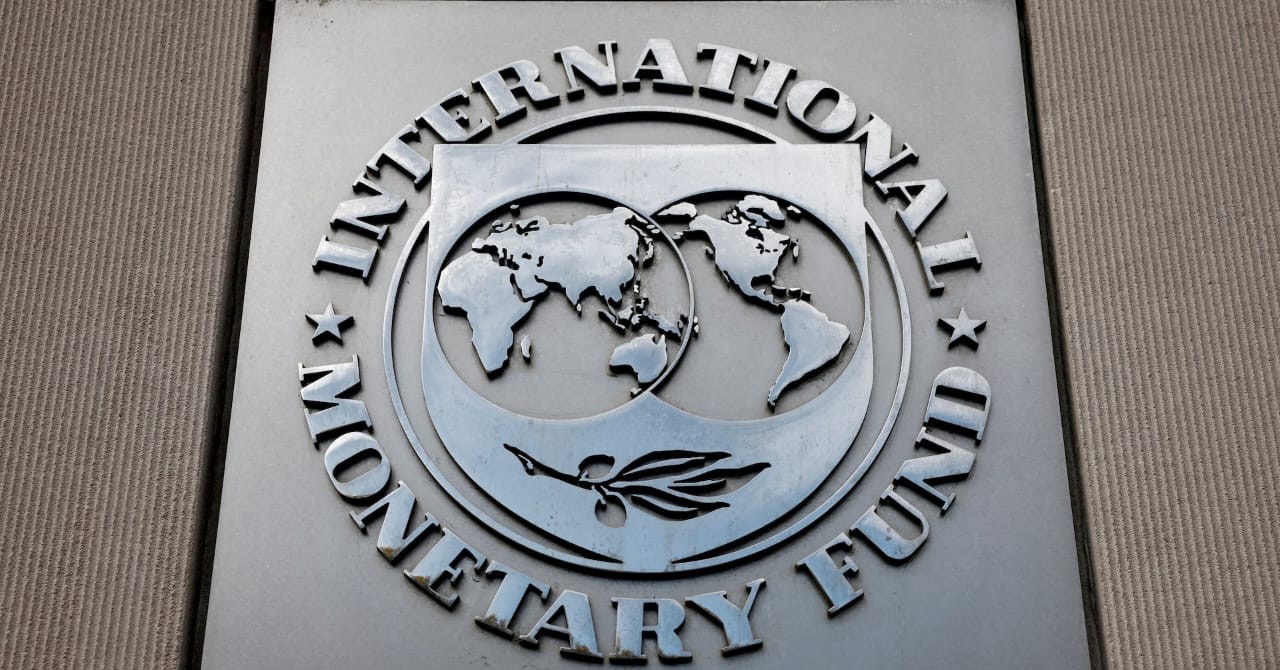A recent update from the World Health Organization (WHO) has revealed that the number of reported swine flu cases worldwide has exceeded 30 million. This alarming figure underscores the rapid spread of the H1N1 virus, which was first detected in 2009.
The WHO has confirmed that the virus has affected people in nearly every region of the world, with the majority of cases reported in the Americas, Europe, and Asia. The organization has also noted that the virus has caused significant illness and death, particularly among vulnerable populations such as the elderly, young children, and those with underlying health conditions.
Health authorities worldwide have implemented various measures to combat the spread of the virus, including vaccination campaigns, increased surveillance, and public awareness initiatives. Despite these efforts, the virus continues to spread, highlighting the need for continued vigilance and cooperation among governments, healthcare providers, and the general public.
The WHO has urged countries to remain alert and to continue implementing measures to reduce the transmission of the virus. The organization has also emphasized the importance of vaccination, particularly among high-risk groups, to prevent severe illness and death.











